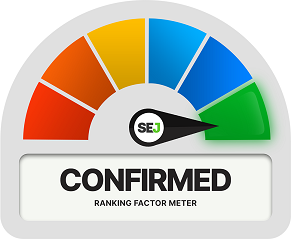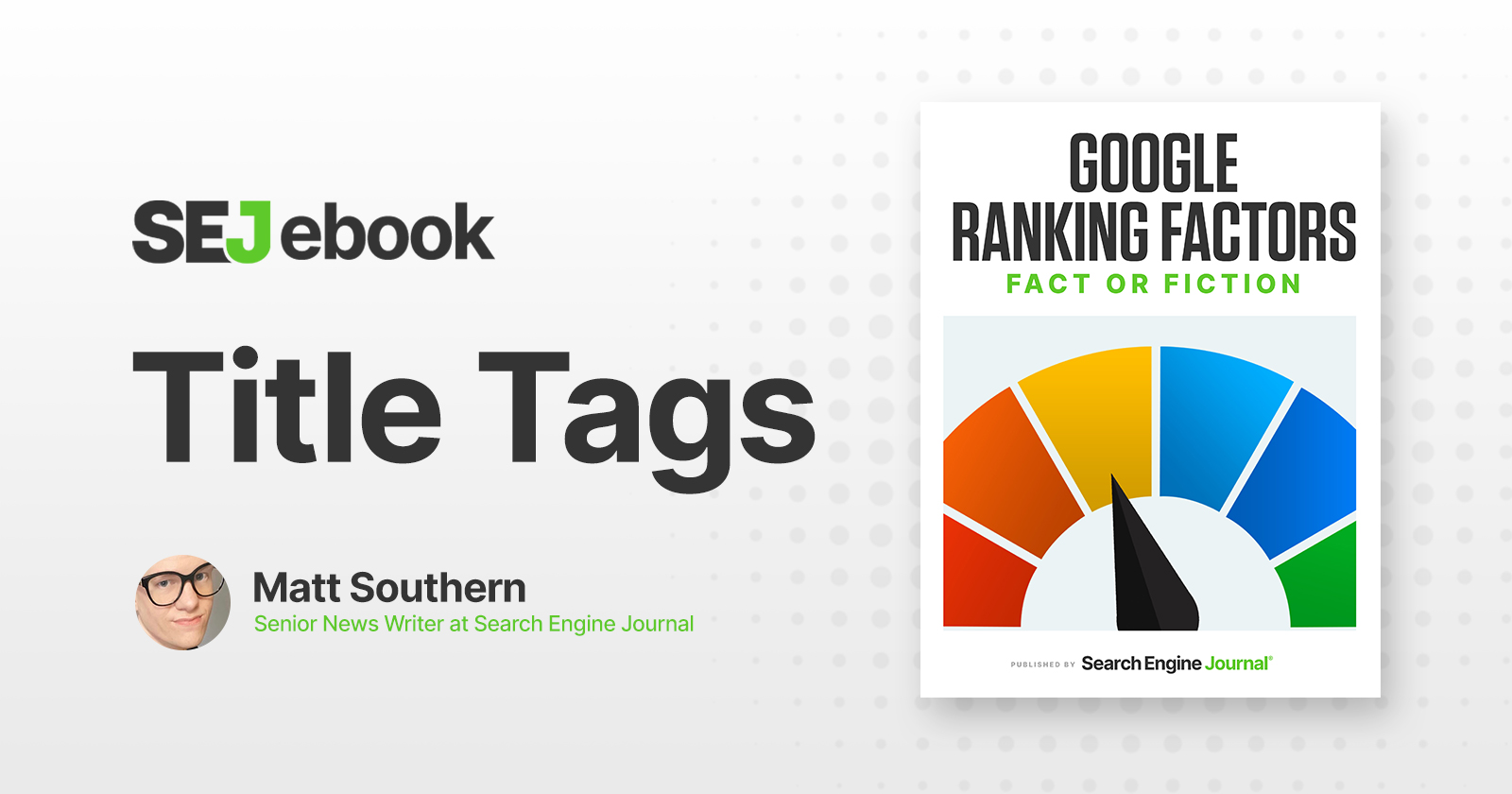As the most visible component of Google’s search results pages (SERPs), page titles are thought to carry significant weight as a ranking factor.
Is it possible to overvalue the impact of your title tags when it comes to improving search rankings?
There’s little doubt Google’s algorithm takes page titles into consideration.
The questions around page titles are:
- The extent to which title tags are valued.
- And how much they matter to the bigger picture of a website’s search optimization.
In this piece, we aim to answer those questions by investigating various claims and looking at on-the-record statements from Google.
The Claim: Title Tags Are A Ranking Factor
A page title is the text that appears in the <title> tag within the <head> element of an HTML document.
When conducting a Google search, page titles are the largest and most visible element of a search snippet.
A page’s title also appears in the browser tab after clicking through on a search result.
The prominence of page titles in Google SERPs has led to persistent claims that they’re a strongly weighted ranking factor.
Is it possible these claims are overblown?
The Evidence For Title Tags As A Ranking Factor
Google unquestionably uses the HTML title tag to understand what pages are about so it can rank them in search results.
The company’s official SEO starter guide recommends unique, accurate, and brief but descriptive titles on all pages of a website.
But when it comes to the strength of page titles as a ranking factor, evidence suggests they’re only a mild signal.
Google’s John Mueller has stated that page titles are not critical for rankings, at least compared to the main content:
“We do use [the title tag] for ranking, but it’s not the most critical part of a page. So it’s not worthwhile filling it with keywords to kind of hope that it works that way.”
Mueller goes on to clarify that page titles are important for SEO and they are a ranking factor.
However, they’re not so critical that overhauling a site’s page titles will lead to a significant difference in ranking positions. He said:
“Titles are important! They are important for SEO. They are used as a ranking factor. Of course, they are definitely used as a ranking factor, but it is not something where I’d say the time you spend on tweaking the title is really the best use of your time.”
Mueller addressed this again on another occasion, reiterating that page titles help Google understand what a page is about but are not critical to determining rankings.
“… if you’re talking about ranking changes so strong that you’re seeing them overall, then I think just tweaking titles and meta tags are not going to give you what you’re looking for. Tweaking titles and meta tags makes it easier for us to recognize what is actually on a page, but it’s not going to change the overall visibility of the website significantly.”
With all this taken into consideration, it’s clear that page titles remain important for SEO.
But in the hierarchy of today’s ranking factors, title tags are nowhere near the top.
Title Tags As A Ranking Factor: Our Verdict

Page titles are a confirmed Google ranking factor, with evidence suggesting the strength ranges from mild to moderate.
The title tag is a tool for communicating to Google what a page is about.
It helps crawlers understand what category the page fits into and which queries it may be able to answer.
From there, Google uses more critical factors such as the main content to determine a page’s rankings.
To be sure, it’s worth taking the time to write out titles for every page.
Websites can struggle to gain any ground in search results without unique page titles as a bare minimum optimization.
Featured Image: Paulo Bobita/Search Engine Journal
